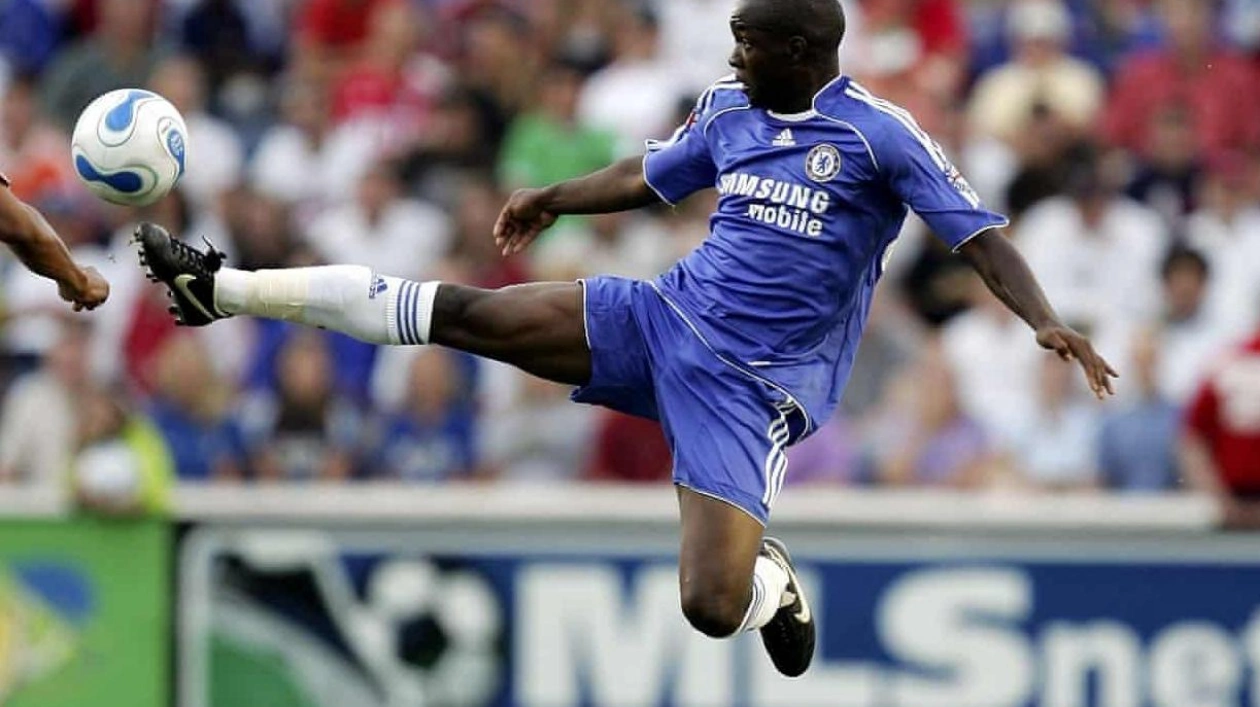On Friday, the Court of Justice of the European Union (CJEU) will deliver its verdict in the case of Fifa v player “BZ” – also known as former Chelsea, Arsenal, and Portsmouth midfielder Lassana Diarra. This case revolves around the functioning of the transfer market, and the verdict could significantly disrupt the current system.
In the summer of 2014, Diarra was playing for Lokomotiv Moscow. A dispute over his salary led the club to terminate his contract, claiming breach. They then took Diarra to Fifa’s Dispute Resolution Chamber (DRC) seeking damages. Despite Diarra’s counterclaim, the DRC sided with Lokomotiv and fined the player €10.5m. Meanwhile, Diarra received a contract offer from Belgian club Charleroi, contingent on Fifa confirming he could move without his new club being liable for any costs owed to Lokomotiv. Fifa did not provide these guarantees, as its rules mandate that an international transfer certificate must be granted by the league a player is leaving before any deal can proceed. Since no payment was made to Lokomotiv, the permit was not issued. Consequently, in December 2015, Diarra initiated legal action against Fifa and the Belgian football league, alleging loss of earnings, leading to this week’s judgment.
Diarra’s lawsuit is still ongoing in Belgian courts but was referred to the CJEU by its appeals court for guidance on how it relates to two core principles of EU law: the right to freedom of movement for individuals and the preservation of competition within internal markets. Earlier this year, CJEU Advocate General Maciej Szpunar issued a legal opinion on this matter, which will influence the court’s decision. Szpunar’s key questions were: did Fifa, as football’s governing body, violate Diarra’s freedom of movement by denying him authorization to join Charleroi? Does the obligation on a buying club to cover the costs of a player’s departure from their previous club affect their trading ability? And do Fifa’s transfer rules inherently achieve these outcomes? Szpunar argued in the affirmative for all three questions. If the court concurs, it could pose significant structural challenges to the transfer system. However, Szpunar also noted that the current rules generally promote contractual stability and contribute to balance in sporting competitions by maintaining a degree of equality of opportunity.
One scenario is that the court sides with Fifa, maintaining the status quo. Alternatively, the court could rule that a player should be able to terminate a contract without affecting their ability to join a new club or imposing costs on that new club. There are also various intermediate outcomes, likely involving technical or legal adjustments to the current system. For instance, a burden of proof might be required to demonstrate that a buying club was complicit in a player breaching contract without “just cause.”
A decision against Fifa’s rules would shift bargaining power in transfer and contract negotiations from clubs to players (and their agents), leading to more broken contracts and increased uncertainty over transfer fees. It might also necessitate the creation of a new entity to determine compensation, if any, owed to a club when a player leaves. The ripple effects could be substantial. For many European clubs, transfer dealings are crucial for financial stability. A ruling against Fifa could disadvantage smaller clubs, potentially benefiting larger clubs that can currently persuade players to leave their contracts. Additionally, the trading models that support multi-club ownership groups could become more uncertain, with clubs losing control over players’ career paths.
The 1995 Bosman ruling allowed players to leave a club freely at the end of their contract. Not all players may wish to break their contracts, but a ruling against Fifa could enable players to leave at any point in their contract. It’s uncertain whether the court will fully agree with the advocate general’s argument. Furthermore, this ruling will not be the final word, as the case will return to Belgian courts, where it was initially filed.






